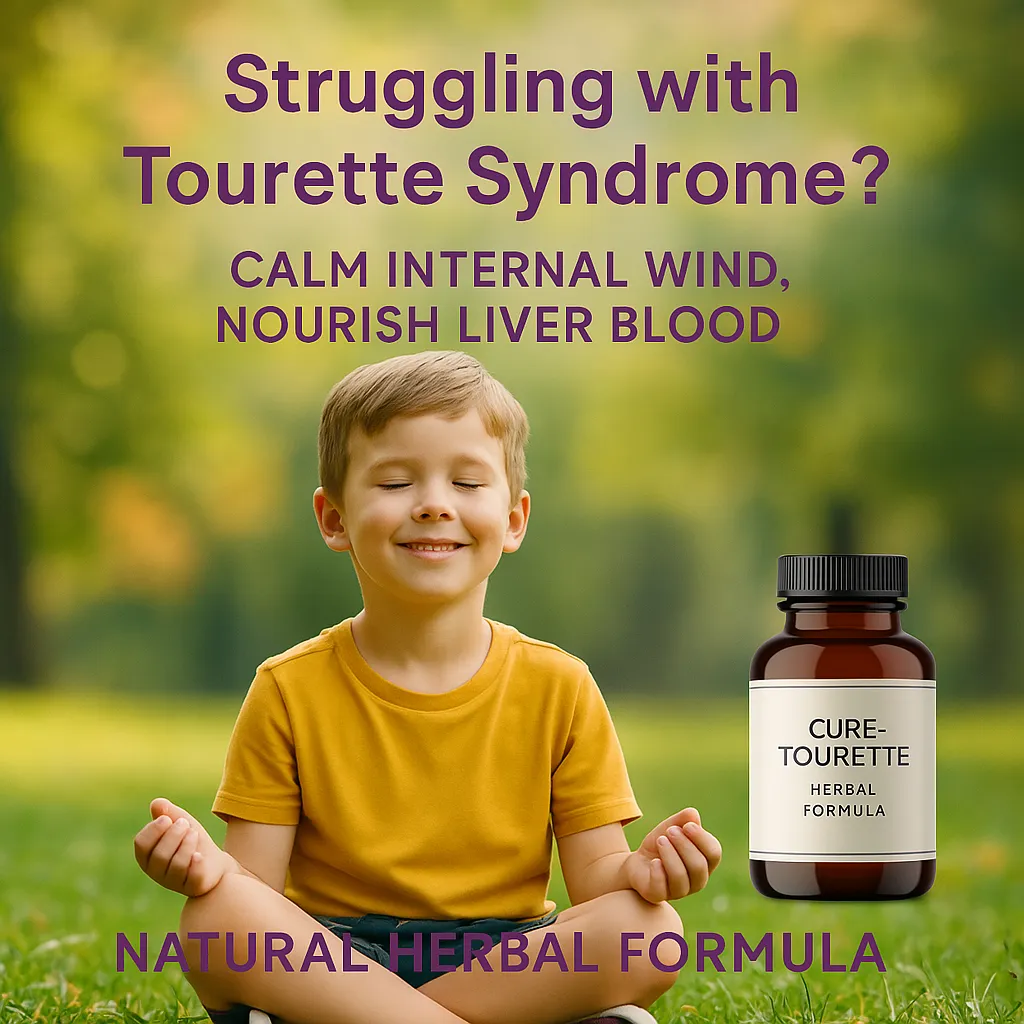
Obsessive-Compulsive Disorder (OCD)
Understanding Obsessive-Compulsive Disorder (OCD): A Western and Chinese Medicine Perspective
Obsessive-Compulsive Disorder (OCD) is a complex mental health condition that affects millions worldwide. It is characterized by persistent, unwanted thoughts (obsessions) and repetitive behaviors or mental acts (compulsions) that a person feels driven to perform, often to reduce anxiety or prevent a feared event.
From a Western medical standpoint, OCD is considered a neuropsychiatric disorder with links to abnormalities in brain circuitry—particularly involving the orbitofrontal cortex, anterior cingulate cortex, and basal ganglia. It is often associated with serotonin dysregulation, and treatment commonly involves cognitive behavioral therapy (CBT) and selective serotonin reuptake inhibitors (SSRIs).
While these approaches can be helpful, they may not address the whole person or the deeper energetic imbalances contributing to the condition. This is where Traditional Chinese Medicine (TCM) offers a valuable complementary perspective.

How Chinese Medicine Views OCD
In TCM, mental-emotional disorders are seen as disturbances of the Shen (spirit), which is housed in the Heart and supported by other organ systems. OCD, in particular, is often understood as a combination of excess and deficiency patterns, such as:
1. Heart and Spleen Deficiency
The Heart governs the Shen (mind), while the Spleen is responsible for thought and focus. When both are weakened—due to overthinking, stress, poor diet, or constitutional deficiency—it can lead to obsessive thinking, worry, and mental fatigue.
2. Liver Qi Stagnation Transforming into Heat
Unexpressed emotions and internal frustration may cause Liver Qi to stagnate and transform into Heat, disturbing the Shen. This can manifest as agitation, restlessness, compulsive behavior, and internal tension.
3. Phlegm Misting the Mind
When digestive function is weak (often due to Spleen deficiency), Phlegm may accumulate and cloud the mind, leading to confusion, repetitive thoughts, and difficulty letting go of irrational ideas.
4. Kidney and Heart Disharmony
The Kidneys anchor the will (Zhi), and their deficiency—often from chronic stress or trauma—can fail to support the Heart, resulting in fear-based obsessive behaviors, insomnia, and insecurity.
Treatment of OCD with Chinese Medicine
1. Acupuncture
Acupuncture helps regulate the nervous system, calm the Shen, and move stagnant Liver Qi. Specific points are selected to harmonize the Heart, soothe the Liver, strengthen the Spleen, and nourish the Kidneys. Patients often report improved clarity, reduced anxiety, and less compulsive urgency.
2. Herbal Medicine
Herbal formulas are tailored to the individual’s specific pattern. They may calm the mind, resolve Phlegm, nourish Heart Blood, or clear Heat from the Liver. Unlike pharmaceuticals, herbs work gently and holistically to restore balance over time.
3. Emotional Integration & Lifestyle
TCM views emotional expression, diet, sleep, and daily rhythm as vital to healing. Patients are guided to cultivate grounding routines, practice mindfulness, and reduce over-stimulation. Healing OCD requires addressing both internal disharmony and external habits.
4. Self-Consistent Medicine System
In our clinic, we incorporate
Dr. Pan Xiaochuan’s Self-Consistent Medicine System, which emphasizes internal coherence, pulse-based diagnosis, and treatments that harmonize the body, mind, and environment. This system is especially effective for chronic emotional and behavioral conditions like OCD.
A Holistic Path Forward
While OCD may seem like a purely mental condition, both Western and Chinese medicine agree: it is deeply connected to the body’s internal regulation. Chinese medicine doesn’t just aim to suppress symptoms, but to help the individual reconnect with a balanced, integrated sense of self.
When we treat the root—nourish the organs, calm the spirit, and open the flow of Qi—healing becomes not only possible, but sustainable.
